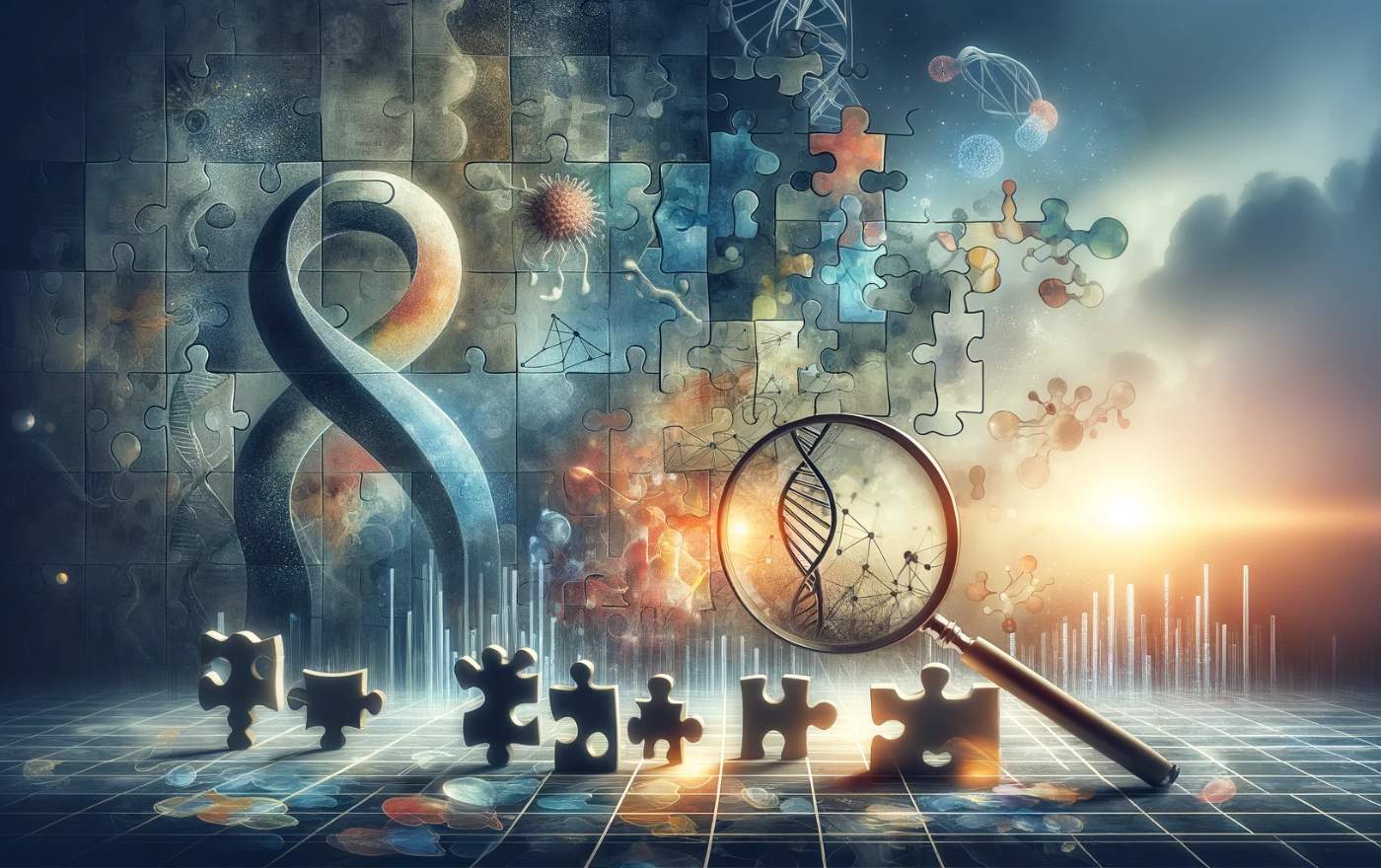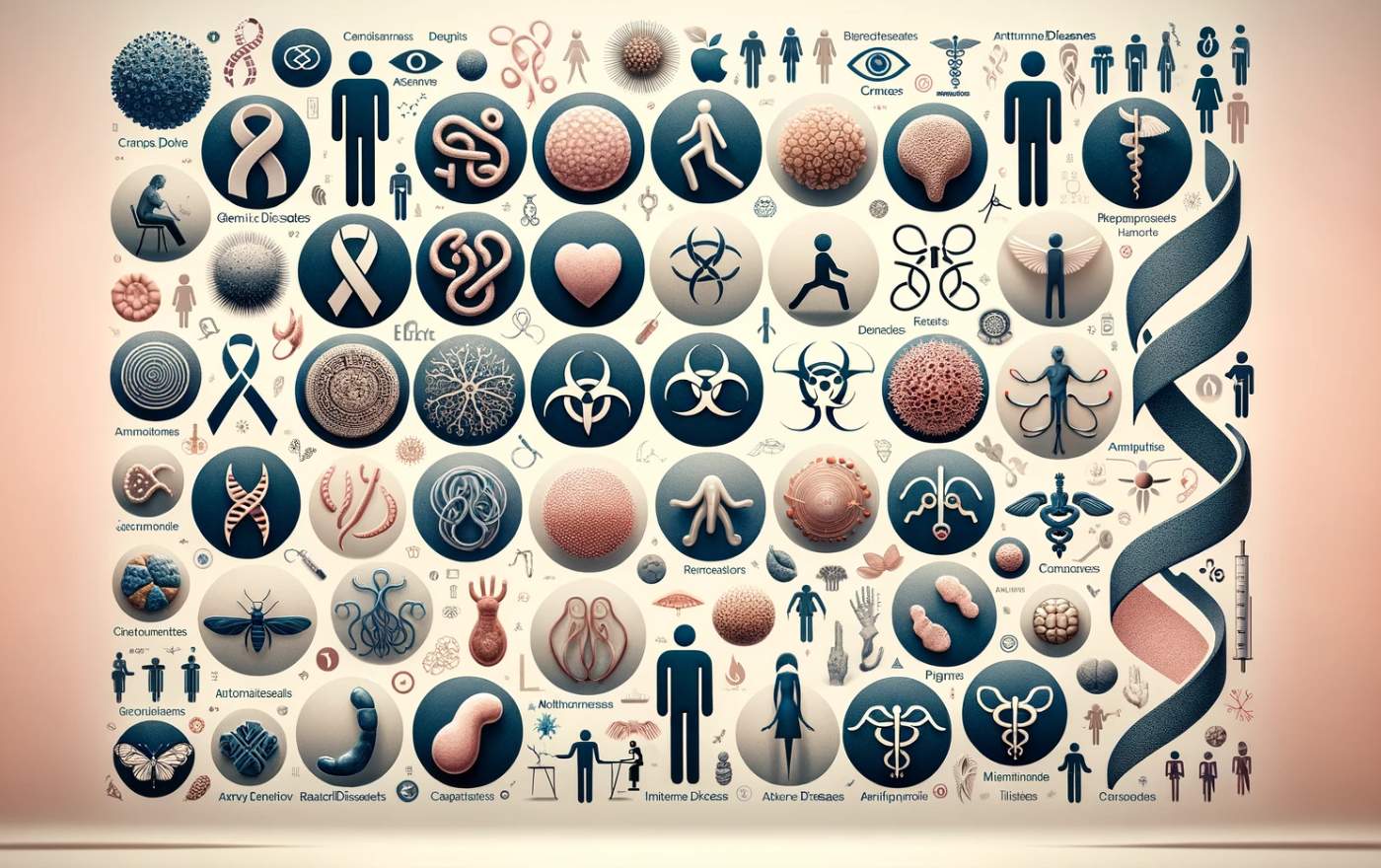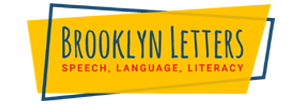RARE DISEASES IN NEW YORK CITY:
Understanding Challenges and Building Connections

Rare diseases, also called orphan diseases, are diverse and uncommon health conditions that affect a small percentage of the population. These diseases are often challenging to diagnose and treat due to their infrequency and limited awareness of them.
In the United States, a disease is considered rare if it affects fewer than 200,000 individuals. The rarity of these diseases poses significant challenges in terms of medical research, funding, and specialized healthcare services.
Examples of Rare Diseases
Examples of rare diseases span various medical fields, involving various organ systems. They can be caused by genetic anomalies, contagious viruses/bacteria, environmental factors, or, in many cases, the cause is unknown. Some well-known rare diseases include:
- Huntington’s Disease: A genetic disorder that causes progressive degeneration of nerve cells in the brain, leading to motor dysfunction, cognitive decline, and psychiatric symptoms.
- Cystic Fibrosis: An inherited disorder that primarily affects the lungs and digestive system, causing the production of thick and sticky mucus that can lead to respiratory and digestive complications.
- Amyotrophic Lateral Sclerosis (ALS): A progressive neurodegenerative disease that affects nerve cells in the brain and spinal cord, leading to the loss of voluntary muscle control.
- Progeria (Hutchinson-Gilford Progeria Syndrome): A rare genetic condition characterized by accelerated aging in children, resulting in physical changes and health complications typically associated with aging.
- Niemann-Pick Disease: A group of rare genetic disorders that involve the accumulation of harmful substances in various organs, leading to a range of symptoms such as liver and spleen enlargement, neurological impairment, and respiratory issues.
- Aplastic Anemia: A rare blood disorder where the bone marrow fails to produce enough blood cells, leading to fatigue, increased risk of infections, and bleeding.
- Alkaptonuria (AKU): A metabolic disorder that affects the breakdown of certain amino acids, causing a buildup of homogentisic acid. This accumulation can lead to joint and connective tissue problems.
These examples represent only a fraction of the vast array of rare diseases, each with unique challenges and impact on affected individuals and their families. Due to the infrequent prevalence of these conditions, there is a constant need for increased awareness, research, and support to improve the quality of life for those facing rare diseases and their caregivers.

Navigating the Maze of Rare Diseases
The scarcity of specialized practitioners in rare diseases exacerbates families’ difficulties in obtaining accurate diagnoses and appropriate treatment. The diagnostic journey, characterized by a series of medical appointments, tests, and uncertainties, not only demands physical endurance but also takes a toll on the emotional well-being of affected individuals and their families.
Developmental Hurdles and Coexisting Conditions
Rare diseases frequently come with developmental concerns and may manifest with comorbidities, adding layers of complexity. The scarcity of comprehensive data, owing to limited sample sizes, hinders our understanding of these conditions. Nevertheless, anecdotal reports consistently underscore a range of challenges faced by children with rare diseases, spanning from anxiety and mood disorders to difficulties in self-regulation, significantly impacting their overall quality of life.
Impacting Daily Life
Beyond the immediate health challenges, the impact of rare diseases on daily life are profound. Children are isolated by their needs, restrictions, and busy medical calendars, missing out on critical academic and developmental activities. These challenges extend beyond the medical spectrum, affecting their social integration and overall well-being.
Supporting Mental Health
Understanding the profound impact of rare diseases on mental health, it is essential to introduce experts dedicated to providing psychological support within the dynamic context of New York City. Psychologists, play a pivotal role in assisting individuals and families in navigating the emotional complexities associated with rare diseases.

Establishing Connections and Resources
It is important for us to examine strategies and initiatives to foster connections within the rare disease community in NYC. Whether through online platforms, support groups, or awareness campaigns, the goal is to create a network that empowers individuals and families. Additionally, we seek to underscore the importance of collaboration with local medical professionals, researchers, and policymakers to enhance access to information and resources specific to the NYC area.
Conclusion
As we recognize Rare Diseases Day, we encourage New Yorkers to actively raise awareness, foster understanding, and participate in building connections within the rare disease community. Through education, empathy, and collective efforts, we can create a more inclusive and supportive environment for those facing the unique challenges posed by rare medical conditions in the city that never sleeps. We can make a meaningful impact on the lives of individuals and families affected by rare diseases in the vibrant tapestry of New York City.
Call: (347) 394-3485, Text: (917) 426-8880
Email: [email protected]
(we respond to emails right away!)
Craig Selinger
Latest posts by Craig Selinger (see all)
- NYC Middle School Transition Support Group - April 7, 2024
- Understanding Toddler Neurodevelopmental Evaluation - April 3, 2024
- Rare Diseases in New York City - February 29, 2024

